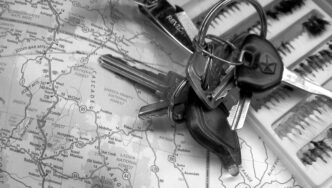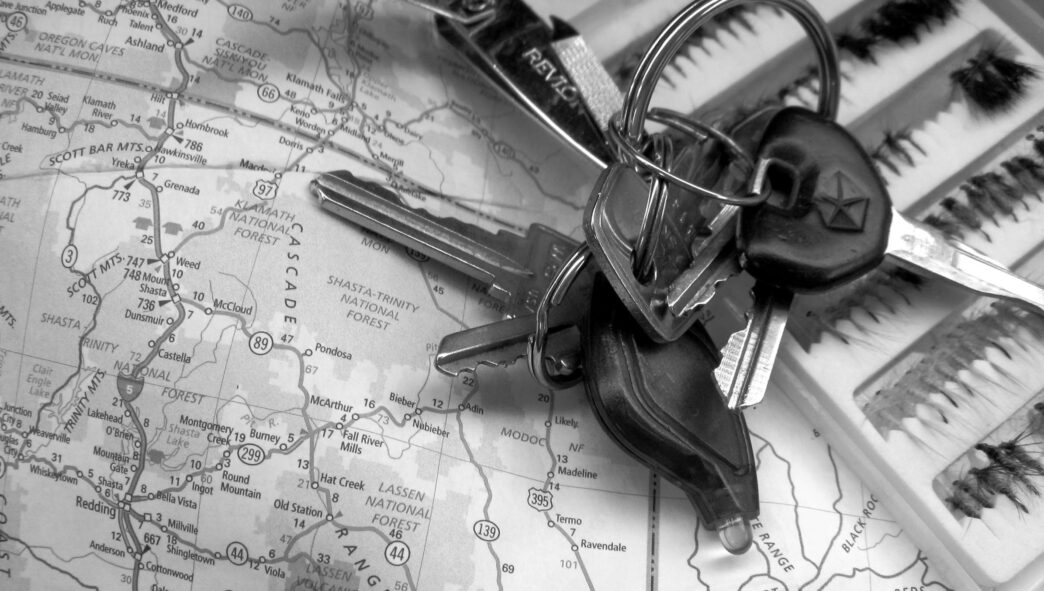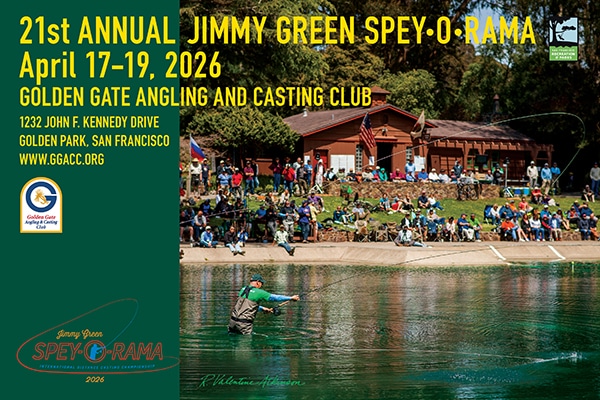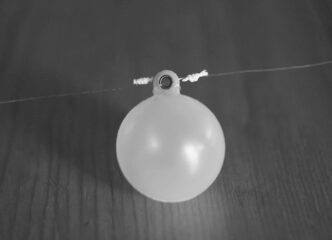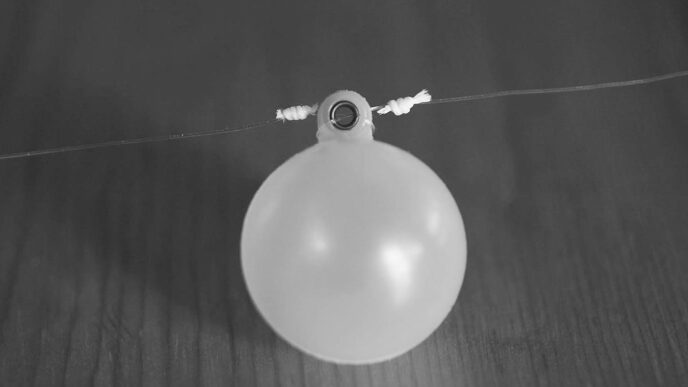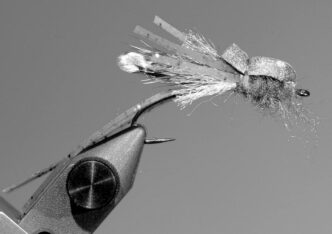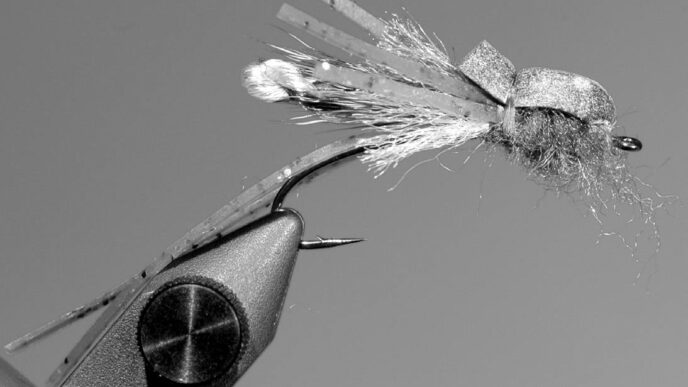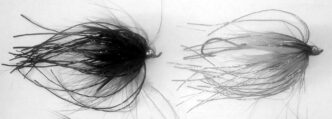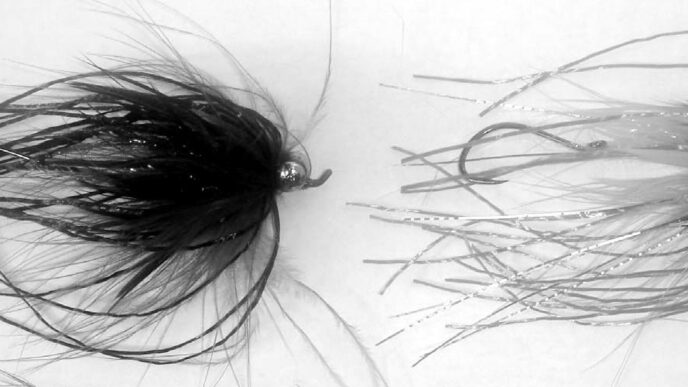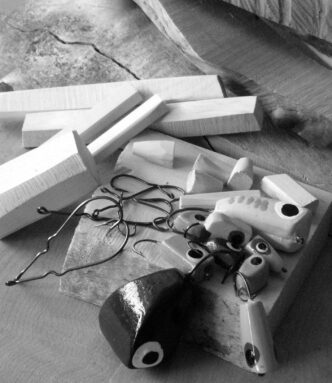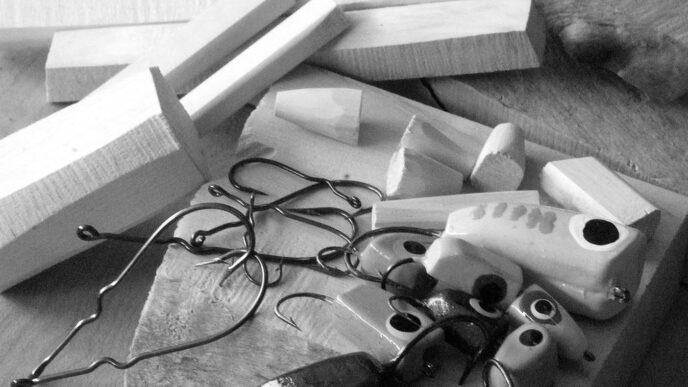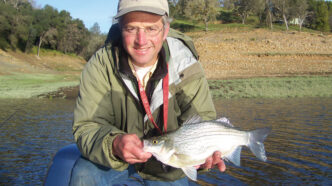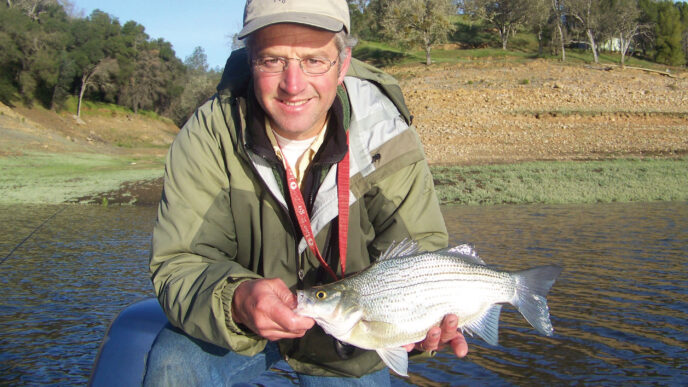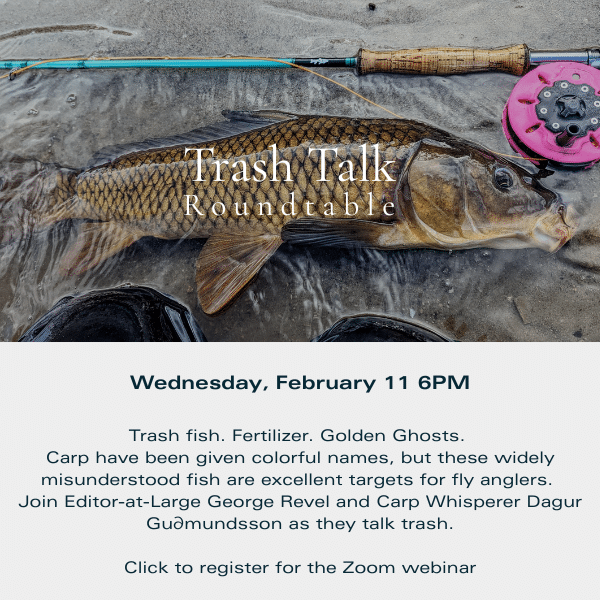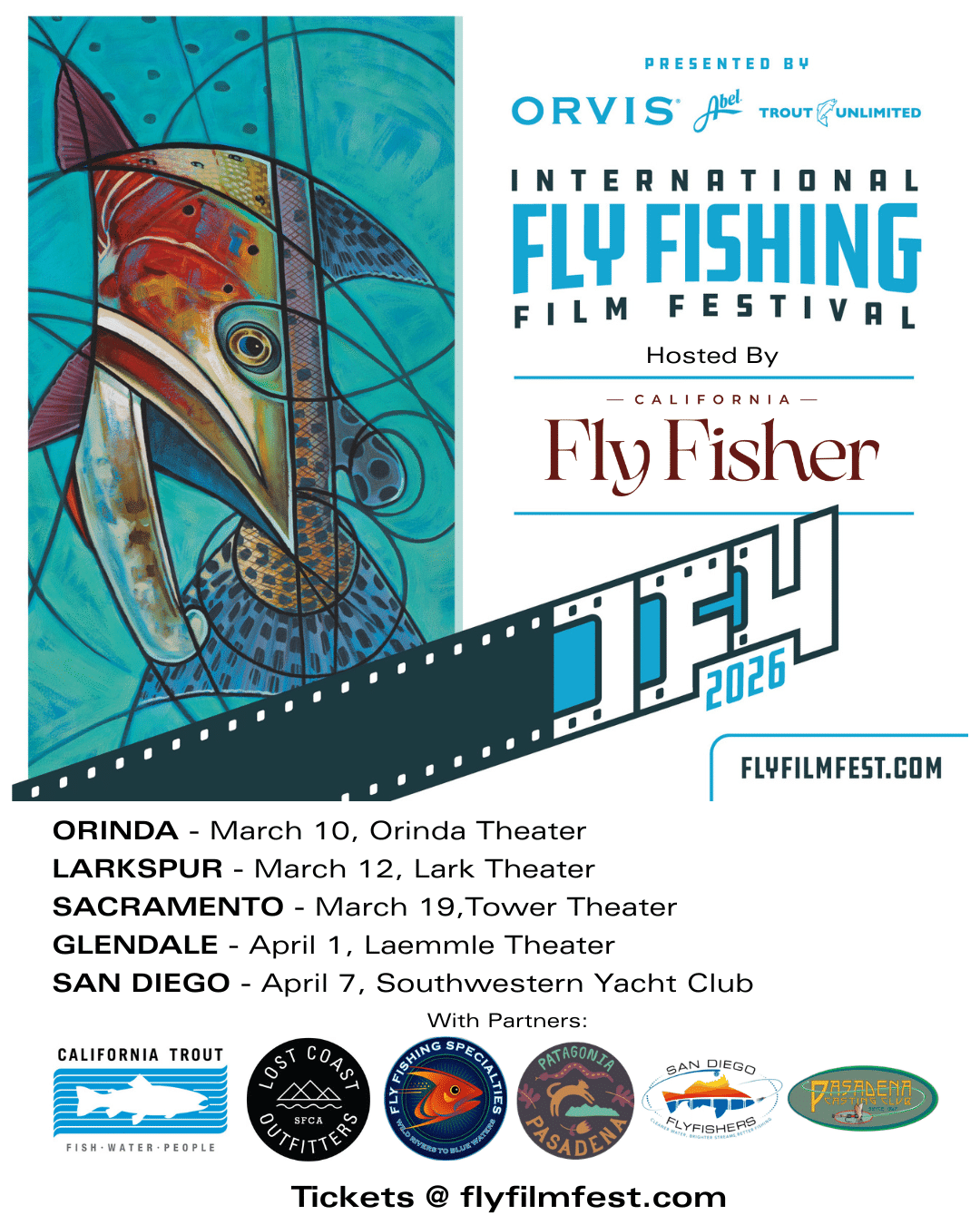We’re only twenty-odd miles from home, headed toward the coast, when I experience a familiar tingle and begin to embellish, for my sons, the virtues of the road. “It’s the feeling of possibility,” I pronounce, brandishing my coffee, “the palpable sensation of breaking free of the reins of routine.”
I pour, while driving, from my Stanley thermos, beaten to the candor of pewter by decades of honest abuse. About us, sunshot clouds cling to the crest of mountains crowding both sides of the river. The highway, shaded by forest, appears fashioned of a kind of fabric, stretched to the breaking point, that carries us just off the ground. Out on the water, whitecaps appear and disappear in patterns that suggest the moody discourse of a displeased spouse. An osprey soars. An eagle stoops.
The coffee is good.
“I think I love this moment — getting underway, the miles ahead, leaving home behind — as much as any other part of a trip.”
Beside me, Riley appears to have fallen asleep with his eyes open. Patrick, in back reading, raises his eyes — if only to grant me the attention I need so that I’ll return mine to the road.
“I like it more when we get there,” he says.
Kids. What the hell do they know? Still, I’m capable of entertaining the notion that neither of my sons feels exactly like I do about anything, anything at all, and that a difference in opinion does not necessarily mean that one of us is right while the other is — or the others are — wrong.
This generous view lasts upward of a minute, maybe two. Beside us, rafts of ducks lie like disembodied shadows on sloughs formed by the railway embankment running between the highway and river. I mean, we’re On the Road, for chrissake.
Of the very many elegancies performed in the name of fly fishing, few seem more intrinsic to the sport than the pleasures and palpitations of unrehearsed highway travel — if only because so few of us have trout streams, surf, or steelhead runs in our backyards. And even if you did exchange your pre-Crash portfolio for a stretch of the Miracle Mile, how could you possibly deny yourself the adventure — the uncertainty, the uncontrollable narrative plunge — that reminds us, time and again, that all we have to live for is but one brief moment to the next?
Still, I know better than to browbeat my children about anything other than the rudiments of hygiene and the irreversible ruin of sun-damaged skin. I retreat, instead, into the hum of the highway, accompanied by the tremulous line of my caffeinated thoughts. The road, it seems to me, remains one of the traditional attractions of the fishing life, and more and more I think of the old-fashioned road trip as a bona fide luxury, affordable only to those who have learned to invest wisely in time, the most precious commodity in all of our lives. There’s also the obvious kinship between river and road: Anybody who spends much time with both these mediums knows that the thoughts we experience on the open highway offer a profound, if imperfect reflection of the sensation of standing in a river, feeling the current carry water away as if the moments of our ever-shortening lives.
It occurs to me, anyhow, that the road trip has played such an integral part in my own career that, like casting and tying flies, traveling big stretches of American highways belongs as a thematic element in the narrative arc of a life spent fooling fish with skillful lies. Probably there’s some connection, as well, between the long silences of the open road and the great reaches of empty hours — relatively speaking — between hatches or signs of feeding fish. In our minds, we would, so many of us, like to circumvent the time and energy it takes to get where we’re going — the next river, the next rise, the next strike or take or grab. But despite advancing years, I remain reluctant to hurry any of it. If there’s wisdom anywhere, why not on the road, as well as on the river? And if there’s not? Then I’d just as soon enjoy the ride, with my eyes watching the way, rather than gazing ahead at the awful, inevitable prize.
We make it through the city before both boys disappear completely, escaping into the youthful nether-world of miraculous midmorning sleep. Why can’t I get them to pay closer attention? I recognize, however, that my propensity for inflated observation may be part of the problem. For miles now, I’ve offered little but these grandiose generalizations, ignoring the fundamental principle of effective narration: Show, don’t tell. What, specifically, makes a road trip such a time-honored rite of the fly-fishing life? How is it that day upon day spent travelling, drainage to drainage — and, by way of extension, across any expanse of the West — can seem the equivalent not of self-inflicted incarceration, but, instead, a journey of enchantment as rich in promise and reward as the first tastes of fresh love? While my sons sleep, I begin to compile a list of reasons to celebrate the road, findings based on a recent trip of epic, if not biblical dimensions: forty days, four thousand miles. I had work to do — with enough time between appointments to visit some old haunts, investigate some new. Let’s just say I had a few places I needed to be, on one date or another, within driving range of a wealth of classy trout streams, any one of which would have been worth the time and energy to travel to and fish — even without the excuse of trying to make a living.
Two-lane state and county highways: I employ the interstate system just as much as anyone — but the good news is that so much fly-fishing water still requires that you exit the multilane freeway and travel along byways that reveal the West in all its breadth and glory. What often surprises me is just how good these roads are — despite the thin, inconsequential lines that describe them on the map. Even speed is not an issue — unless you have something against slowing down in towns and hamlets that still make up enough of the West to remind us that not all of the country has fallen under the shadow of big-box stores, chain outlets, and generic suburban sprawl.
Camping: Road-trip camping is a lot different from parking your rig or pitching your tent for a week alongside a remote, meandering stream, listening to the sound of trout feeding just beyond the willows — although you hope that’s part of it, now and then, too. The alternative to pulling out the Coleman stove in the midst of fifth wheels, motor homes, and circus-style tent trailers, however, is a night in a cheap motel — which inevitably leaves me feeling restless and soiled in some deeply dispiriting way. The trick to camping on the road is to carry a small tent that sets up quickly while giving yourself enough time to cook, stretch your legs, and experience some place different from home — if only to dis-
cover that everyone around you is longing for much the same kind of relief as you are. Community: One of the great things about being a fly fisher is that, in the West, at least, nobody ever questions, really, why you’re there. You belong. You can look for trouble, if you want, and it will probably find you if you do. But on the other hand, if what you’re honestly after is fish and fishing with fly rods and flies, everybody you run into generally accepts you, even if they do consider your efforts either pointless or simply strange. I got stopped for speeding while looking for coffee one Sunday morning in a town with a famous trout river running through it — but after the cop saw that I was a visiting fly fisher, he said, “Let me just make sure you don’t have any warrants out on you, then we’ll get you on your way. I’d rather you go spend your money at the fly shop than on a speeding ticket.”
Steel-cut oats: They take forty-five minutes to cook. Who’s got time like that for breakfast at home? But on the road . . . . You can break camp, shower and shave, if facilities allow, drink a pot of coffee, read the Tao Te Ching, rebuild your leader, or tie half a dozen flies — and then enjoy a meal that not only guarantees health and wellbeing, but that stays with you for a day of fishing or driving, or both.
Mexican restaurants: Changing demographics throughout the West now make it possible for those of us who make no distinction between our normal diet and so-called “Mexican” food to find a homestyle meal practically wherever we drive to fish. Think of it: For less than ten dollars — including tip — you can still sit down, be served, and get a meal that someone has just prepared especially for you. It makes my heart ache to think of a good chile relleño seeping into a puddle of beans after three hours amid that hatch of little black caddises that seemed to bring every big trout into an eddy thirty feet upstream from the tip of my rod.
Regional beer: I don’t drink like I used to. Does anyone? But the proliferation of regional, small-scale craft brewers makes sensible the practice of moderation, rather than complete abstinence. Distinct beers, as interesting as wines and regional fly patterns, offer every reason to enjoy with dinner a single bottle, with or without company, while beer left streamside to reach the same temperature as good trout water remains part of one of the perfect equations of the sport.
Coffee: Long ago, when many of us first discovered the pleasures of a mug of well-made coffee, courtesy of hip urban hangouts, cosmopolitan lovers, or, eventually, the java imperialists from the North, we were forced to rely on foresight and clever camp rituals if we wanted to indulge in a decent fix once we left the conventional trade routes. Not so anymore. Good, fresh coffee is now poured from huts, booths, and roadhouses in towns without so much as stoplights, and even if you’re part of the frou-frou latte crowd, a road trip through trout country still won’t leave you craving a double shot, skinny, dry, with or without your lavender nosegay on the side.
Bakeries: Like a good cup of coffee, healthy, hearty bread can now be found baked daily in practically any town near trout water in the West. Many of these bakeries also specialize in exotic Old World pastries that seem in sharp contrast to the lithe and nimble servers who bring to mind the beaches of Southern California and almost nothing about Budapest or Prague. Except their wares. I recall, in particular, a walnut povitica, served on a plain ceramic platter, with all the textural complexities and heady aromas of my grandmother’s Bohemian kitchen.
Public libraries: Even if we don’t combine work with fishing, many of us while travelling still look for places to plug in computers and get online for whatever our nefarious needs. Fortunately, rare is the town that doesn’t have a public library, where access to Wi-Fi is yours for the asking. Public libraries are nearly always air conditioned or heated, as well. They’re also quiet, an atmosphere conducive to serious enterprise, and if nothing else, you’re surrounded by books, which can turn any moment into a blessing, if you happen to open the right one and consider what’s inside.
Post office: The local post office is the closest thing we have throughout every town in the West to a central plaza or town square. You need information, directions, a chat about the weather? That’s a place to start. More remarkable to me, however, is the fact that I can give an actual object — a note, a postcard, a poem, a painting, an envelope with an Altoids tin containing half a dozen flies — to a person in the post office who is part of a system that, usually for a lot less than I might pay for a cup of coffee, will deliver that same object to the door of somebody I know virtually anyplace in the world.
Bookstores: The beauty of a bookstore for the weary road warrior is that you’re supposed to hang out, browse, even sit and read a while. The fact that coffee is now served in countless bookstores throughout the West means that you’re not only welcome to linger, but it’s encouraged. Also, independent booksellers generally feature regional authors and subjects of local interest, affording insight and information that’s otherwise difficult to find.
Fly shops: It’s startling how easy it can be. You wander in, finger the flies, mention you’re from out of town and you’re thinking about fishing the Holy Water below the dam. The guy says that’s cool, but where you might want to try is . . . the canyon upstream from the reservoir near where the road starts to climb through the sagebrush and scrub pine. For whatever reason, shop guys just love to give up inside dope to travelling anglers. You go get your map; he says it’s not quite right and draws another turn in the road, an old bridge, the whereabouts of a trail. All I can say is that if a guy at a shop makes a suggestion about fishing somewhere, you’re a fool — or a cynic — not to give it a try. I went to that canyon, and right above it spread an open meadow that looked too good to be true — but wasn’t. Big rainbows, it turned out, hung unseen in places they would never hang if pestered by other anglers — and when a big Humpy drifted into range, trout rose, time and again, and ate the fly — and each time, I wondered if it could ever get better than that.
We’re deep into rain and buffeting onshore winds by the time the list feels close to completion. We get gas, turn south, and wind our way into a new drainage. Standing water blankets flat pastures that stretch into marshlands. I think about duck hunting and wonder if I’m too old to start.
Both Riley and Patrick are awake when we reach the town near the mouth of the river. Something seems to have happened: Sand has drifted across the highway, and backhoes and trucks appear to be moving sand dunes out of yards and back to the beach. The river has that ugly, discolored look of a dangerous creature barely restrained. Through the half-buried houses, I glimpse an ocean with teeth and a grimace that roars.
My sons both look at me as if I’m somehow to blame. And maybe I am, in part, for not calling ahead or checking the weather and river level online. But the fact is, as much as I hoped to go fishing, I also just wanted to get out of town, check out this stretch of coast — and drop in on friends who have a house rented nearby.
Friends along the way, need I add, are another good thing about getting on the road to go fishing — as if I haven’t given you reasons enough already.
“We almost there?” asks Riley, his eyes again settling shut. Behind him, Patrick opens his book.



